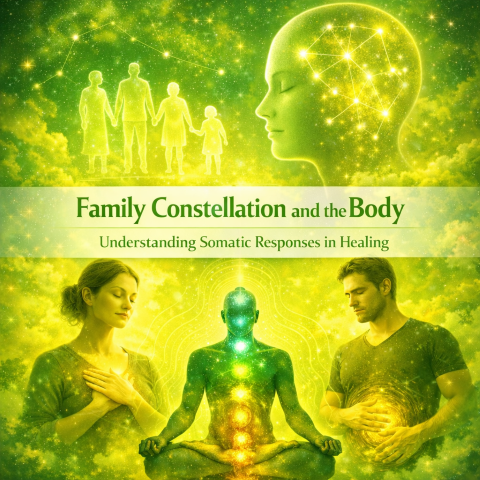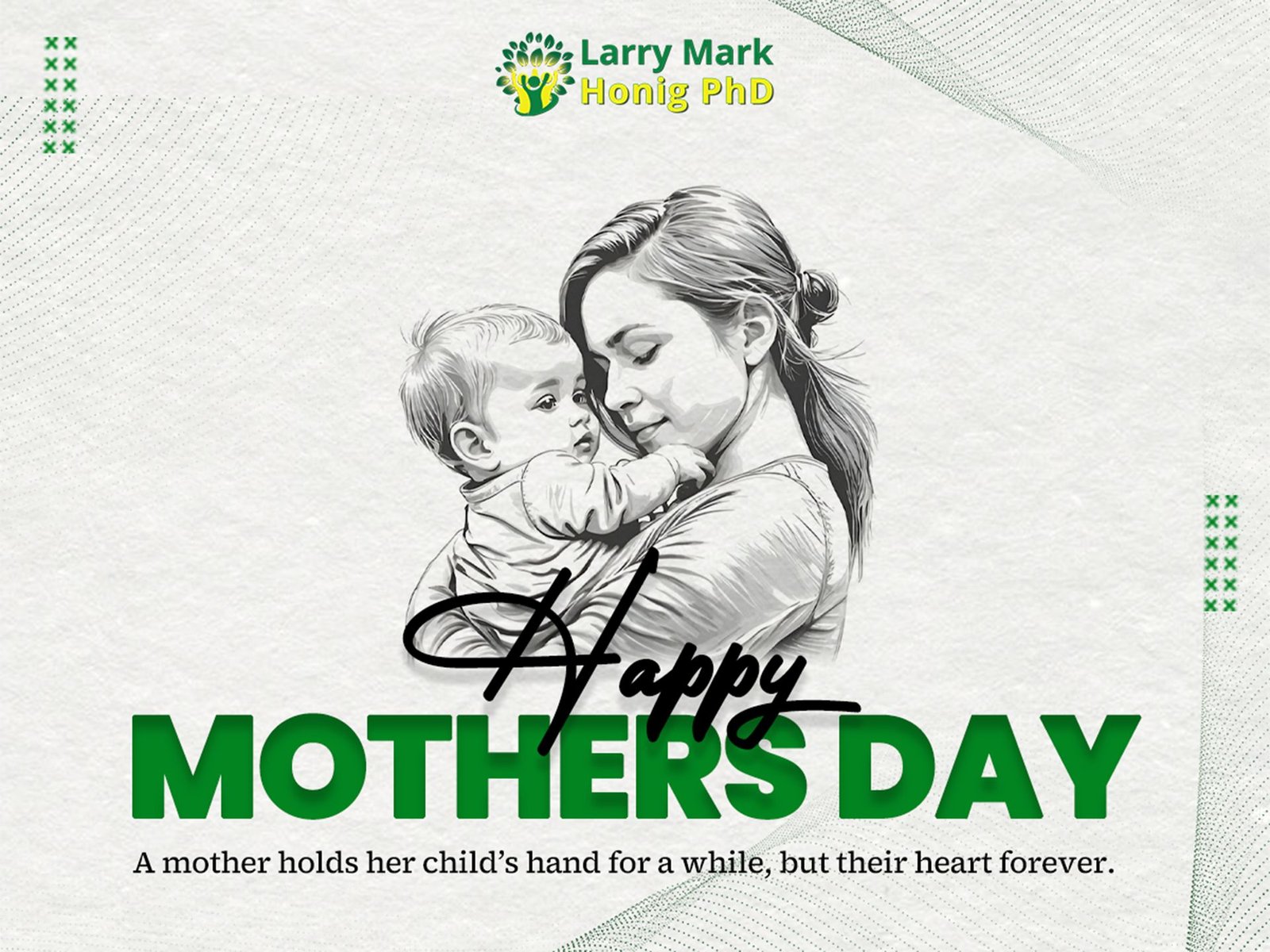Healing Together: Family Counseling for Trauma Recovery and Resilience
Trauma can strain family bonds, creating emotional distance and leaving members feeling isolated or fearful. Healing Together: Family Counseling for Trauma Recovery and Resilience highlights the collaborative journey families can take toward deeper understanding, healthier communication, and enduring support. While the effects of trauma can be profound, working through challenges as a unit often leads to lasting growth and renewed connection.
“The wound is the place where the Light enters you.” — Rumi
This quote underscores that vulnerability and pain can become catalysts for healing when embraced with openness and empathy.
Understanding Family Trauma
When a single family member experiences trauma, the repercussions echo throughout the entire household. Family counseling offers a nonjudgmental space where everyone can:
- Safely express their emotions
- Validate each other’s experiences
- Begin collective healing
- Strengthen internal support networks
If you’d like to learn more about trauma’s potential impacts on relationships, consider exploring resources from the National Child Traumatic Stress Network (DoFollow), which provides insight into how different family members may react to traumatic events.
The Role of Family Counseling in Trauma Recovery
Creating a Safe Space
Family counseling facilitates:
- Open Discussions About Trauma
Each person can share their perspective without fear of blame. - Empathetic Understanding
Recognizing that pain takes different forms for each family member. - Shared Storytelling
Allowing the family to piece together a unified narrative around the traumatic event. - Emotional Processing
Encouraging healthy expression of anger, grief, and fear. - Collective Healing
Reducing isolation by confronting challenges together.
For more information on the benefits of trauma-informed therapy, you may want to explore our Services page, which details various approaches to holistic family counseling.
Building Communication Bridges
Professional therapists introduce tools that foster constructive dialogue:
- Active Listening Skills
Encouraging each person to fully hear others before responding. - Emotional Expression Techniques
Helping family members name and communicate their feelings. - Validation Practices
Affirming one another’s experiences to reduce judgment and defensiveness. - Empathy Exercises
Teaching members to see situations from multiple perspectives. - Safe Dialogue Methods
Establishing rules that encourage respect and minimize conflict escalation.
Essential Healing Strategies
Coping Techniques
Family counseling can help everyone learn strategies to manage trauma responses, such as:
- Grounding Exercises
Bringing awareness to the present moment when anxiety spikes. - Mindfulness Practices
Using guided meditations or body scans to cultivate calm. - Journaling
Providing a personal outlet for unfiltered thoughts and emotions. - Breathing Techniques
Slowing the breath to calm the nervous system. - Emotional Regulation Skills
Identifying emotional triggers and responding in healthier ways.
Building Family Resilience
Key elements for nurturing collective strength:
- Conflict Resolution Strategies
Turning disagreements into opportunities for growth. - Stress Management
Encouraging methods like regular exercise, hobbies, or relaxation routines. - Problem-Solving Skills
Brainstorming solutions as a team for everyday obstacles. - Safety Plans
Outlining steps to take when symptoms or triggers become overwhelming. - Support Systems
Identifying and mobilizing extended family, friends, or community resources.
Practical Recovery Activities
Family Bonding Exercises
Fostering connection and trust through activities like:
- Shared Hobby Development
Exploring new pursuits together (cooking, painting, etc.). - Volunteer Projects
Contributing to the community as a unified team. - Family Art Therapy
Using creative expression to process pain and celebrate resilience. - Nature Walks
Enjoying calming outdoor experiences that promote mindfulness. - Collaborative Projects
Working on puzzles, DIY tasks, or home improvements.
Daily Healing Practices
- Morning Check-Ins
A quick, positive start to the day for alignment and understanding. - Evening Reflection
Discussing small victories or challenges before bedtime. - Gratitude Sharing
Encouraging optimism by naming what each person appreciates. - Emotional Temperature Checks
Allowing space for family members to express current feelings. - Support Circle Discussions
Designing times to address deeper concerns collectively.
Creating New Memories
One step toward healing involves focusing on positive experiences:
- Celebrating Small Victories
Recognize each milestone reached—no matter how modest. - Creating New Traditions
Reinvent birthdays, holidays, or seasonal events to align with healing goals. - Documenting Happy Moments
Journaling or photographing uplifting family times to reinforce hope. - Planning Future Activities
Having something fun to look forward to can increase motivation. - Strengthening Bonds
Through consistent effort, families build a deeper sense of unity and trust.
Professional Support and Resources
If additional help is needed, exploring professional guidance can be invaluable:
- Licensed Family Therapists
Specialists trained in trauma-focused interventions. - Trauma-Informed Counselors
Professionals who understand the neurobiological impact of trauma. - Support Groups
Opportunities to connect with families facing similar challenges. - Crisis Intervention Services
Immediate assistance for urgent situations.
Moving Forward Together
Signs of Progress
Look for:
- Improved Communication
Reduced misunderstandings and defensive reactions. - Increased Trust
Willingness to be vulnerable and honest with one another. - Greater Emotional Awareness
Recognizing and respecting personal triggers and needs. - Stronger Family Bonds
Feeling more unified in daily activities and long-term planning. - Enhanced Coping Skills
Observing calmer, more thoughtful responses to stress.
Tips for Ongoing Recovery
- Maintain Open Dialogue
Speak honestly about concerns or emotional shifts. - Practice Patience
Healing rarely follows a straight line. - Celebrate Small Improvements
Positive reinforcement encourages continued effort. - Stay Committed to Family Time
Shared meals or activities reinforce unity. - Continue Using Learned Tools
Rely on coping strategies taught in therapy to handle challenges. - Seek Support
Don’t hesitate to contact professionals if setbacks arise.
The Path to Healing
Trauma recovery is a journey rather than a fixed destination. Every family’s process unfolds differently, and progress may come in waves. Through mutual support, open communication, and professional guidance, families can navigate trauma’s challenges together—emerging with stronger relationships, greater resilience, and a renewed sense of hope.








Add your first comment to this post
You must be logged in to post a comment.